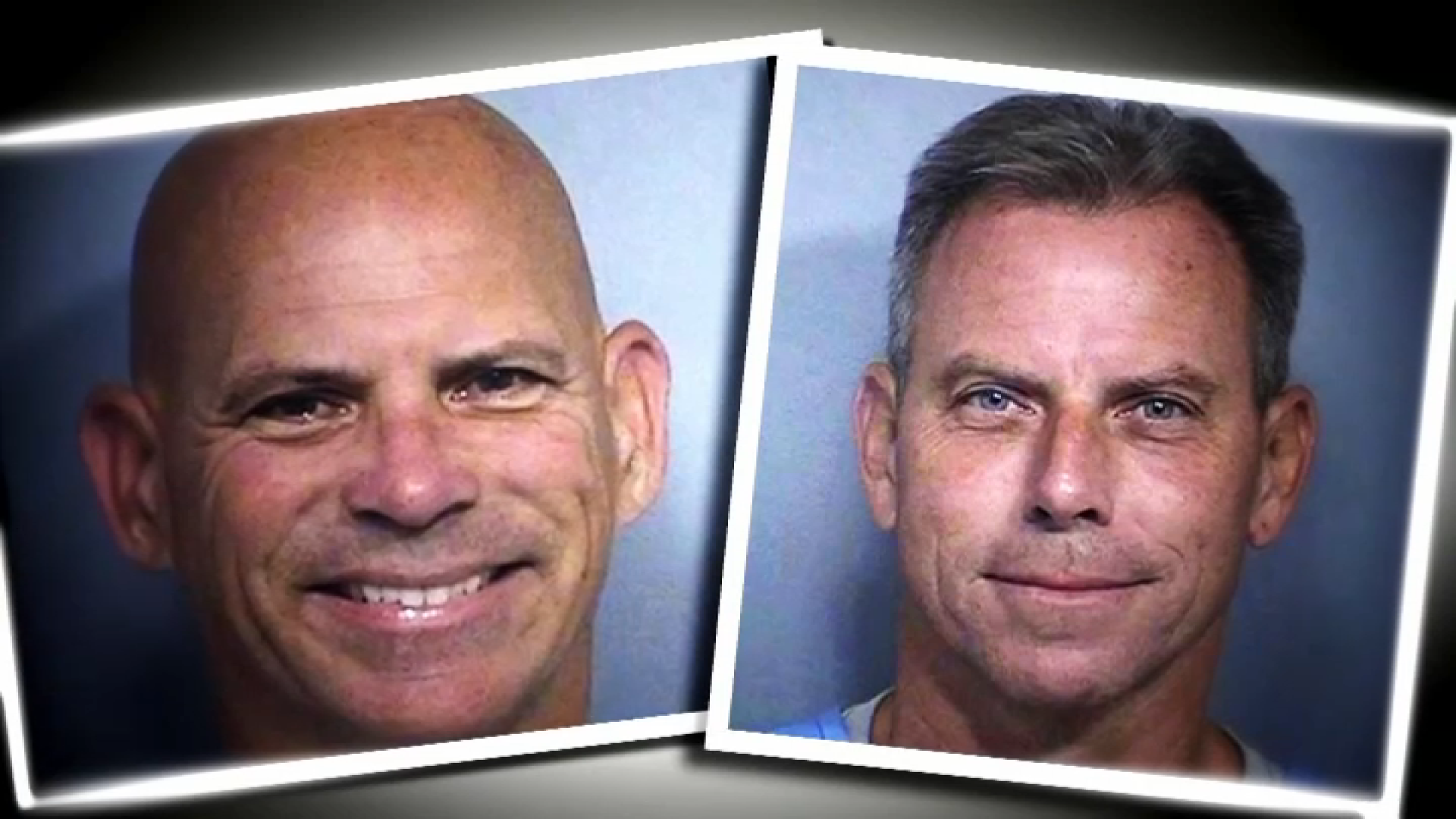A woman who drove drunk in Santa Ana and struck three people, killing a 6-year-old girl whose sister and mother were left with brain injuries, was sentenced Friday to 22 years to life in prison.
Jessicah Louise Cowan, 37, of Lake Hughes, was convicted April 15 of second-degree murder, gross vehicular manslaughter and other charges. Prosecutors said she had a blood alcohol level of 0.24 percent and had two mini bottles of vodka, marijuana and a pipe in her Lexus when she struck the trio at 10:59 a.m. June 23, 2012. Osmara Meza was killed, and her 6-year-old sister Gresia and their mother Eloisa were injured.
The Meza's told the court that Osmara and her sister were like twins, doing everything together.
Cowan, who has two children, apologized in court.
"Being a mother myself, I can't even imagine the agony of losing your baby," she said. "The pain and sorrow that I have caused not only your familiy but also for the people that had to witness this horrific accident will forever weigh on my heart."
Senior Deputy District Attorney Mark Birney and defense attorney Dennis O'Connell both told jurors during her trial that Cowan had been drinking and driving. O'Connell unsuccessfully argued that his client was not guilty of murder.
Cowan was also convicted of two counts of hit-and-run, two counts of DUI causing injury and two counts of driving with a blood-alcohol content greater than 0.08 percent.
"It is a tragic case for all involved,'' Birney said after the verdicts. "But mostly for the loss of a life of Osmara Meza, a beautiful 6- year-old girl.''
The defendant "decided to drink. It was not an accident. There were choices made, things that were done,'' Birney said.
Birney said Cowan left the crash scene at Spurgeon and 17th streets and kept driving until a witness caught up to her and blocked her way forward.
News
Top news of the day
Osmara was pronounced dead at the scene and her mother and sister sustained significant brain injuries, Birney said.
Eloisa Meza and her two daughters were walking to an area restaurant that Saturday morning to get pancakes, Birney said.
Cowan sped through a red light on 17th Street at about 70 mph and kept going toward Spurgeon, where she ran another red light, Birney said.
As police questioned her, she claimed she wasn't trying to run from the crash and that she hadn't been drinking, Birney said.
Credit card receipts in her purse showed the defendant stopped at a liquor store and bought the two small bottles of vodka after she arrived at Bob Hope Airport in Burbank and picked up her car, Birney said.
She stopped at another liquor store in Arcadia after that and spent a nearly identical amount, but there are no records of what she bought there, according to Birney.
He said records show she bought two drinks on the flight as well. O'Connell said Cowan was trying to drive to Temecula that day.
"You're going to see the route she's taking makes no sense,'' O'Connell told jurors, urging them to reject the murder charge. ``She's driving under the influence. When she does that, she's thinking the same way all these other people think when they do that. The last thing on her mind is she's going to kill someone.''
Cowan had no criminal record and had never undergone the type of coaching about the dangers of drinking and driving that drunk drivers must do when they are convicted, O'Connell said.
Prosecutors often charge drunk drivers with second-degree murder if the defendant has had a prior DUI conviction because they are warned if they drive intoxicated again and someone dies, they could be charged with murder. But an implied-malice argument may be made if there are other conditions of reckless driving in place, such as excessive speeding, driving through red lights or traveling too fast for the weather conditions.
O'Connell also argued that his client wasn't aware she hit anyone because she had gotten a phone call right before the collision and was distracted.
"Even though she's severely impaired, she looks down at her phone and blows the light,'' O'Connell said.
Cowan was driving so fast it took her 600 feet to stop, O'Connell said.
He said his client was not trying to get away from the crime scene, was too drunk to understand what happened, and was not aware anyone had been struck or had died when the first officers arrived on scene.



